Publishing
Recent articles
The Transmitter’s most-read neuroscience book excerpts of 2025
Books by Nachum Ulanovsky, Nicole Rust, and Andrew Iwaniuk and Georg Striedter made the list of some of the year's most engaging neuroscience titles.

The Transmitter’s most-read neuroscience book excerpts of 2025
Books by Nachum Ulanovsky, Nicole Rust, and Andrew Iwaniuk and Georg Striedter made the list of some of the year's most engaging neuroscience titles.
The Transmitter’s top news articles of 2025
Check out some of our most-read stories, covering neuroscience funding and policy changes in the United States, and methodological issues in high-profile neuroscience papers.

The Transmitter’s top news articles of 2025
Check out some of our most-read stories, covering neuroscience funding and policy changes in the United States, and methodological issues in high-profile neuroscience papers.
Talking shop: The Transmitter’s top quotes of 2025
Find out what “may be one of the brain’s most underappreciated superpowers” and why it’s so crucial to “talk about our research in our everyday lives.”
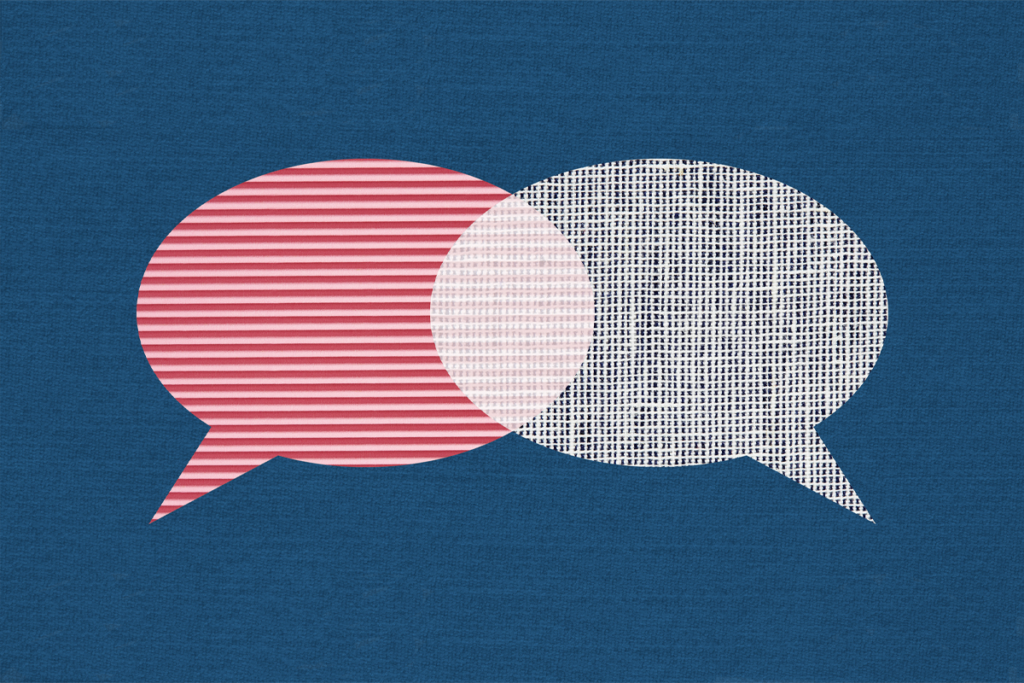
Talking shop: The Transmitter’s top quotes of 2025
Find out what “may be one of the brain’s most underappreciated superpowers” and why it’s so crucial to “talk about our research in our everyday lives.”
Frameshift: Shari Wiseman reflects on her pivot from science to publishing
As chief editor of Nature Neuroscience, Wiseman applies critical-thinking skills she learned in the lab to manage the journal’s day-to-day operations.

Frameshift: Shari Wiseman reflects on her pivot from science to publishing
As chief editor of Nature Neuroscience, Wiseman applies critical-thinking skills she learned in the lab to manage the journal’s day-to-day operations.
Exclusive: Springer Nature retracts, removes nearly 40 publications that trained neural networks on ‘bonkers’ dataset
The dataset contains images of children’s faces downloaded from websites about autism, which sparked concerns at Springer Nature about consent and reliability.

Exclusive: Springer Nature retracts, removes nearly 40 publications that trained neural networks on ‘bonkers’ dataset
The dataset contains images of children’s faces downloaded from websites about autism, which sparked concerns at Springer Nature about consent and reliability.
A change at the top of SfN as neuroscientists gather in San Diego
Kevin B. Marvel, longtime head of the American Astronomical Society, will lead the Society for Neuroscience after a year of uncertainty in the neuroscience field.
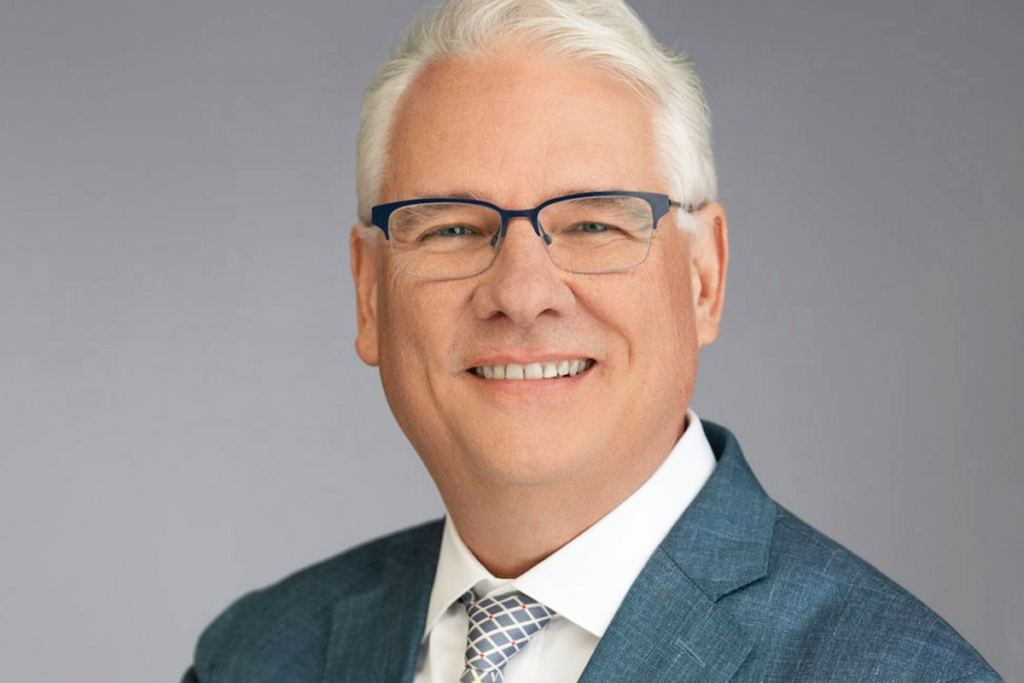
A change at the top of SfN as neuroscientists gather in San Diego
Kevin B. Marvel, longtime head of the American Astronomical Society, will lead the Society for Neuroscience after a year of uncertainty in the neuroscience field.
What are the most-cited neuroscience papers from the past 30 years?
Highly cited papers reflect the surge in artificial-intelligence research in the field and other technical advances, plus prizewinning work on analgesics, the fusiform face area and ion channels.
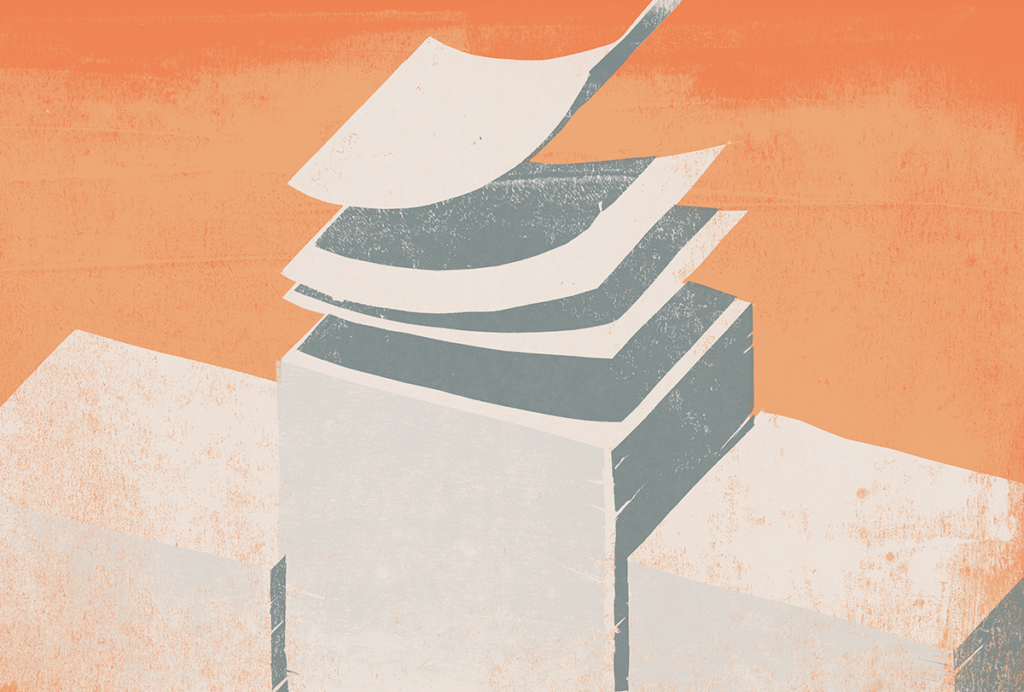
What are the most-cited neuroscience papers from the past 30 years?
Highly cited papers reflect the surge in artificial-intelligence research in the field and other technical advances, plus prizewinning work on analgesics, the fusiform face area and ion channels.
Putting 50 years of neuroscience on the map
Navigate the rise and fall of research topics over five decades using our interactive map, which is based on a semantic analysis of nearly 350,000 abstracts in leading neuroscience journals.
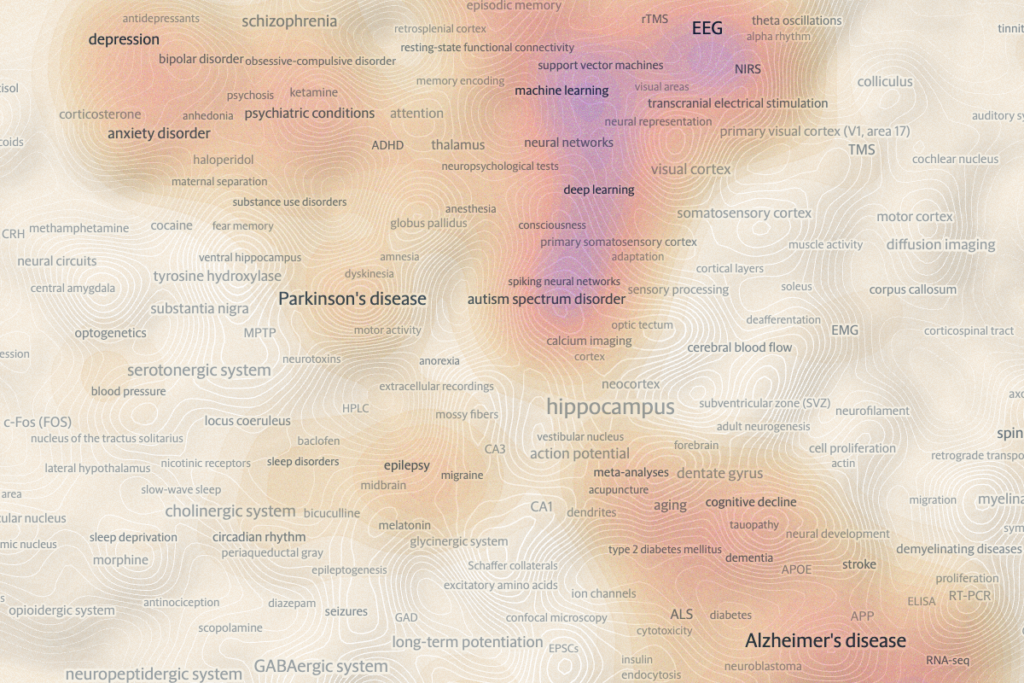
Putting 50 years of neuroscience on the map
Navigate the rise and fall of research topics over five decades using our interactive map, which is based on a semantic analysis of nearly 350,000 abstracts in leading neuroscience journals.
The buzziest neuroscience papers of 2023, 2024
The field took note of work on brain-computer interfaces for speech, the mechanism of psychedelics, a broader definition of hippocampal representations, and more.
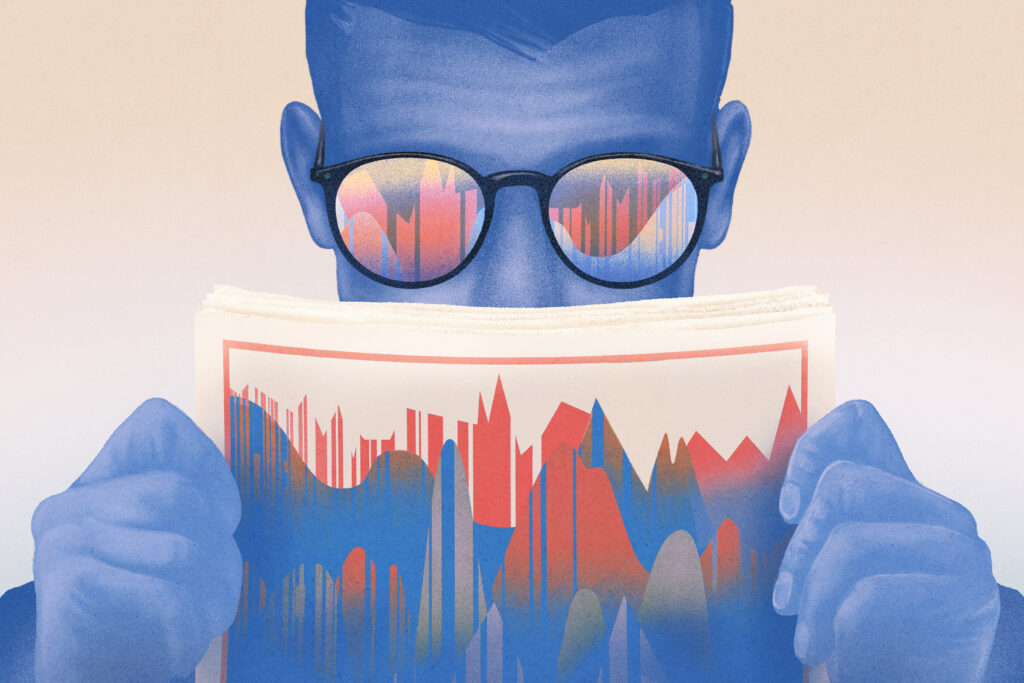
The buzziest neuroscience papers of 2023, 2024
The field took note of work on brain-computer interfaces for speech, the mechanism of psychedelics, a broader definition of hippocampal representations, and more.
Going against the gut: Q&A with Kevin Mitchell on the autism-microbiome theory
A new review of 15 years of studies on the connection between the microbiome and autism reveals widespread statistical and conceptual errors.
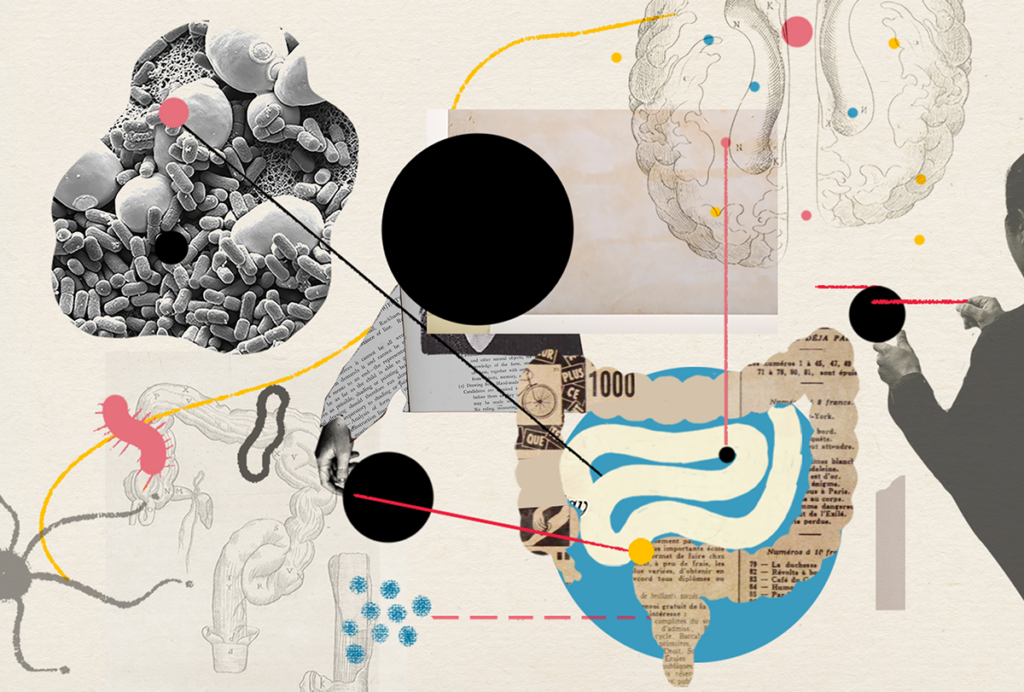
Going against the gut: Q&A with Kevin Mitchell on the autism-microbiome theory
A new review of 15 years of studies on the connection between the microbiome and autism reveals widespread statistical and conceptual errors.
Explore more from The Transmitter
From genes to dynamics: Examining brain cell types in action may reveal the logic of brain function
Defining brain cell types is no longer a matter of classification alone, but of embedding their genetic identities within the dynamical organization of population activity.
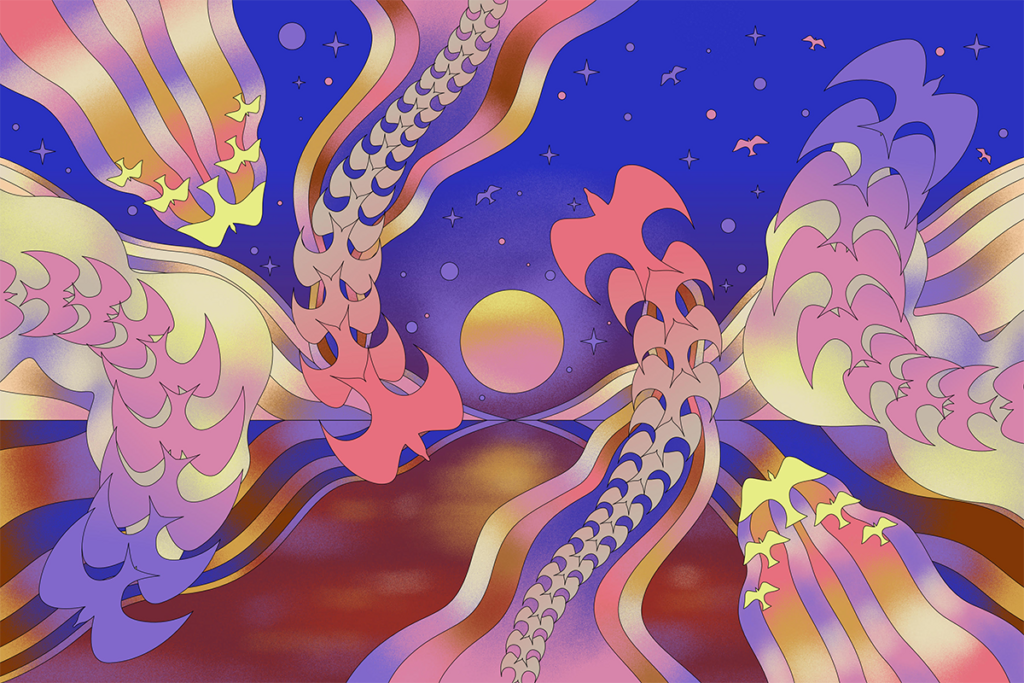
From genes to dynamics: Examining brain cell types in action may reveal the logic of brain function
Defining brain cell types is no longer a matter of classification alone, but of embedding their genetic identities within the dynamical organization of population activity.
Cerebellum responds to language like cortical areas
One of four language-responsive cerebellar regions may encode meaningful information, much like the cortical language network in the left hemisphere, according to a new study.
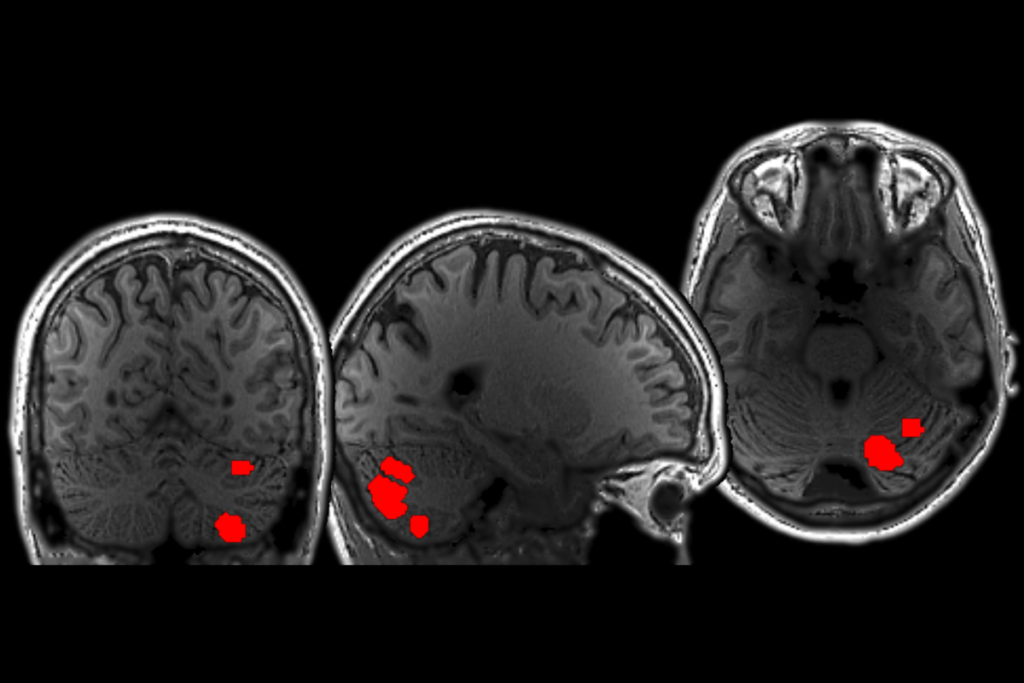
Cerebellum responds to language like cortical areas
One of four language-responsive cerebellar regions may encode meaningful information, much like the cortical language network in the left hemisphere, according to a new study.
Neuro’s ark: Understanding fast foraging with star-nosed moles
“MacArthur genius” Kenneth Catania outlined the physiology behind the moles’ stellar foraging skills two decades ago. Next, he wants to better characterize their food-seeking behavior.
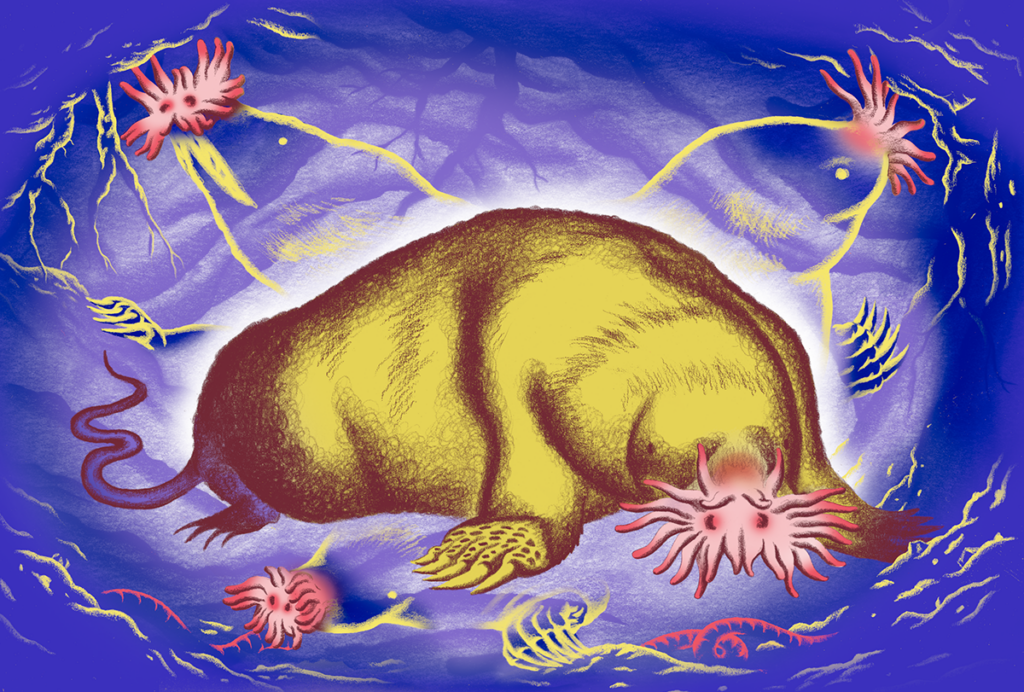
Neuro’s ark: Understanding fast foraging with star-nosed moles
“MacArthur genius” Kenneth Catania outlined the physiology behind the moles’ stellar foraging skills two decades ago. Next, he wants to better characterize their food-seeking behavior.